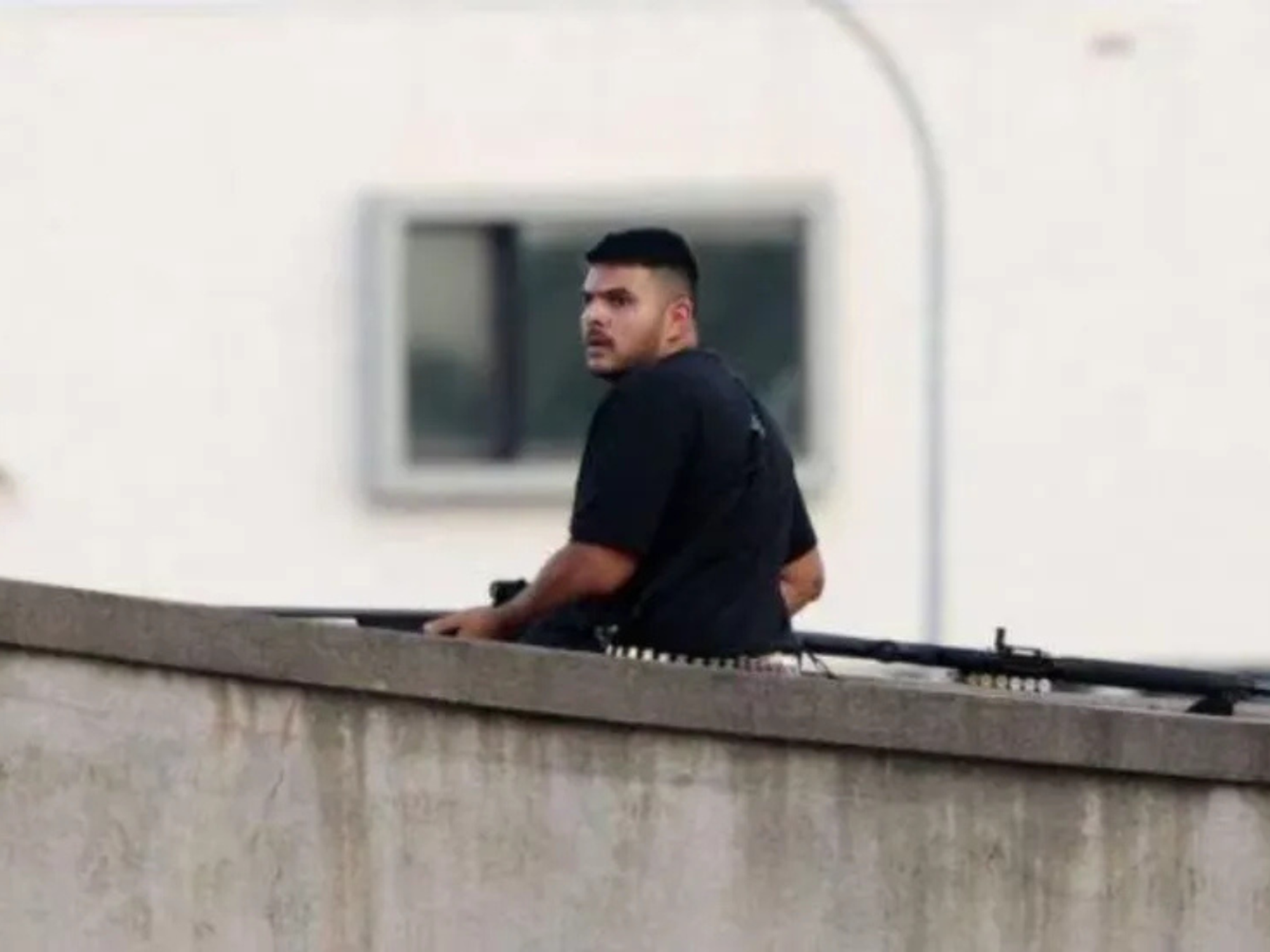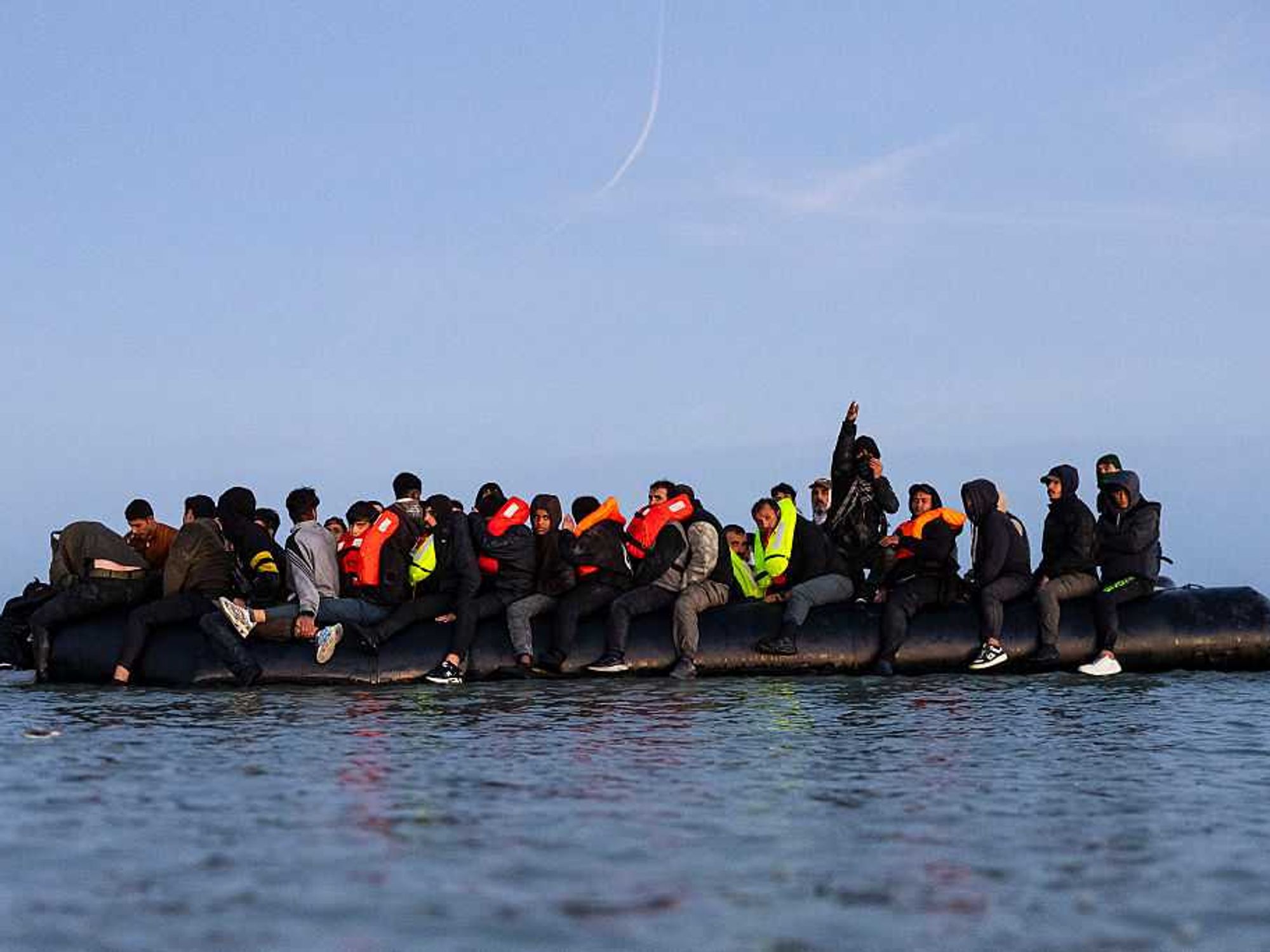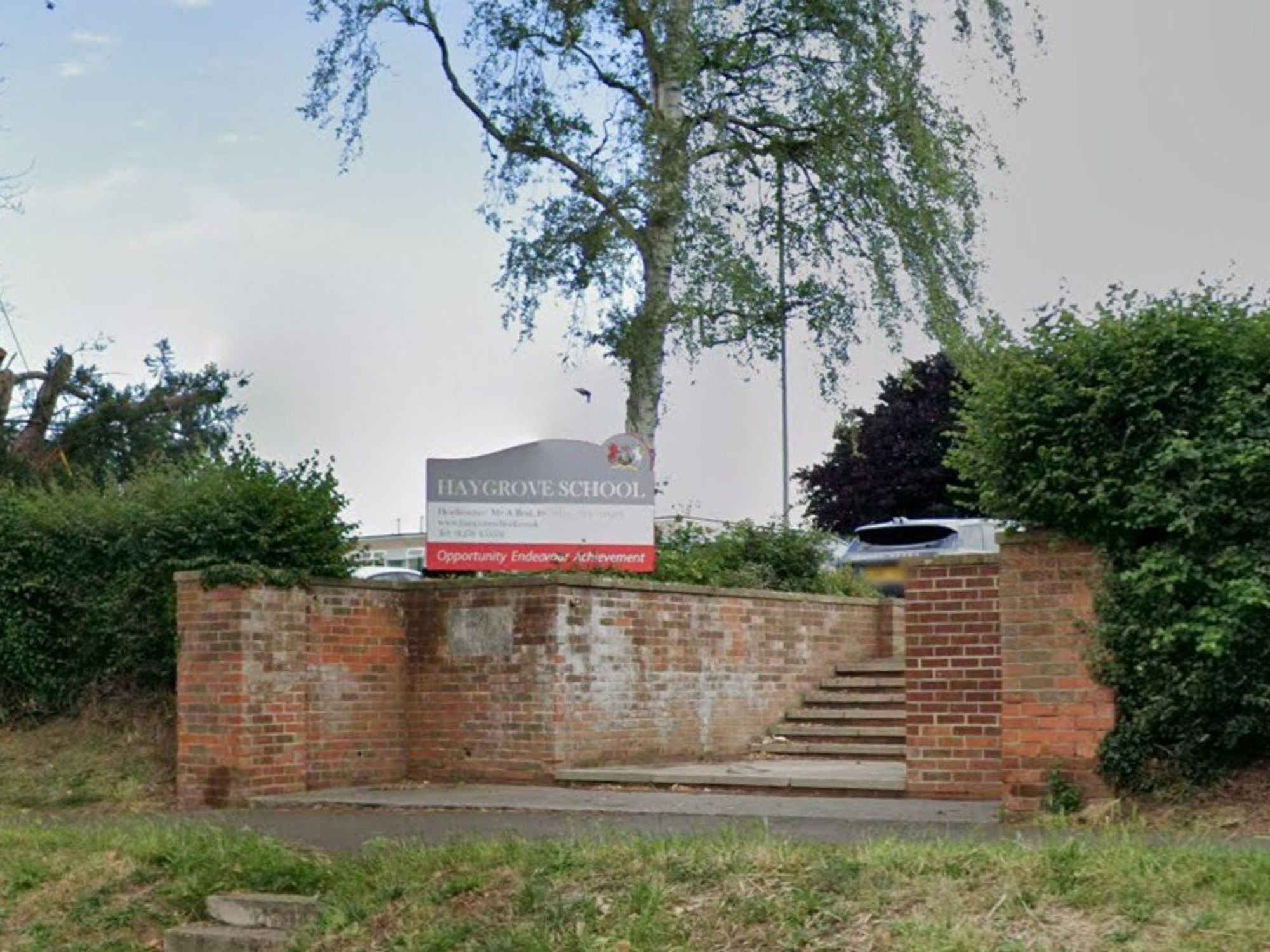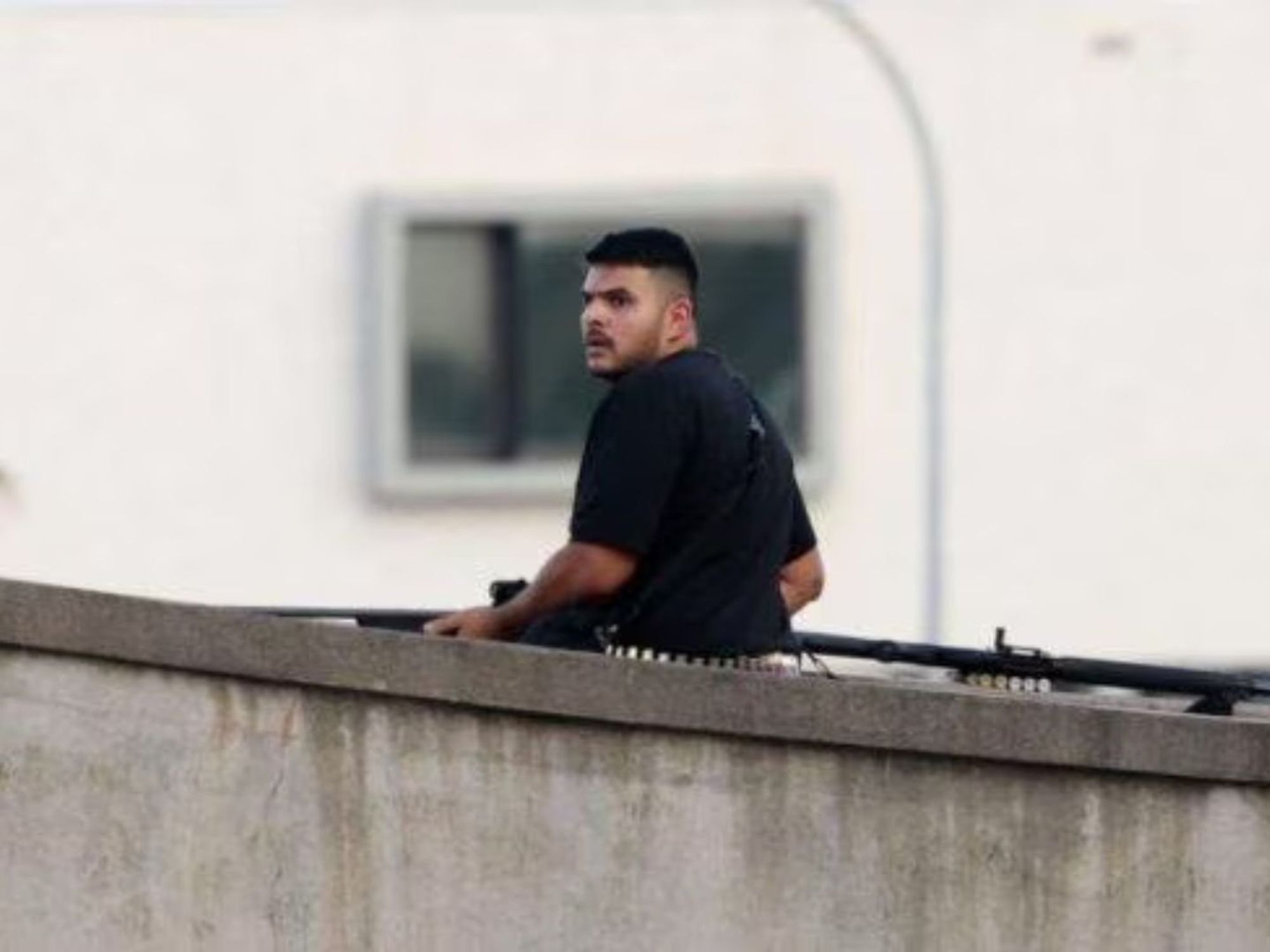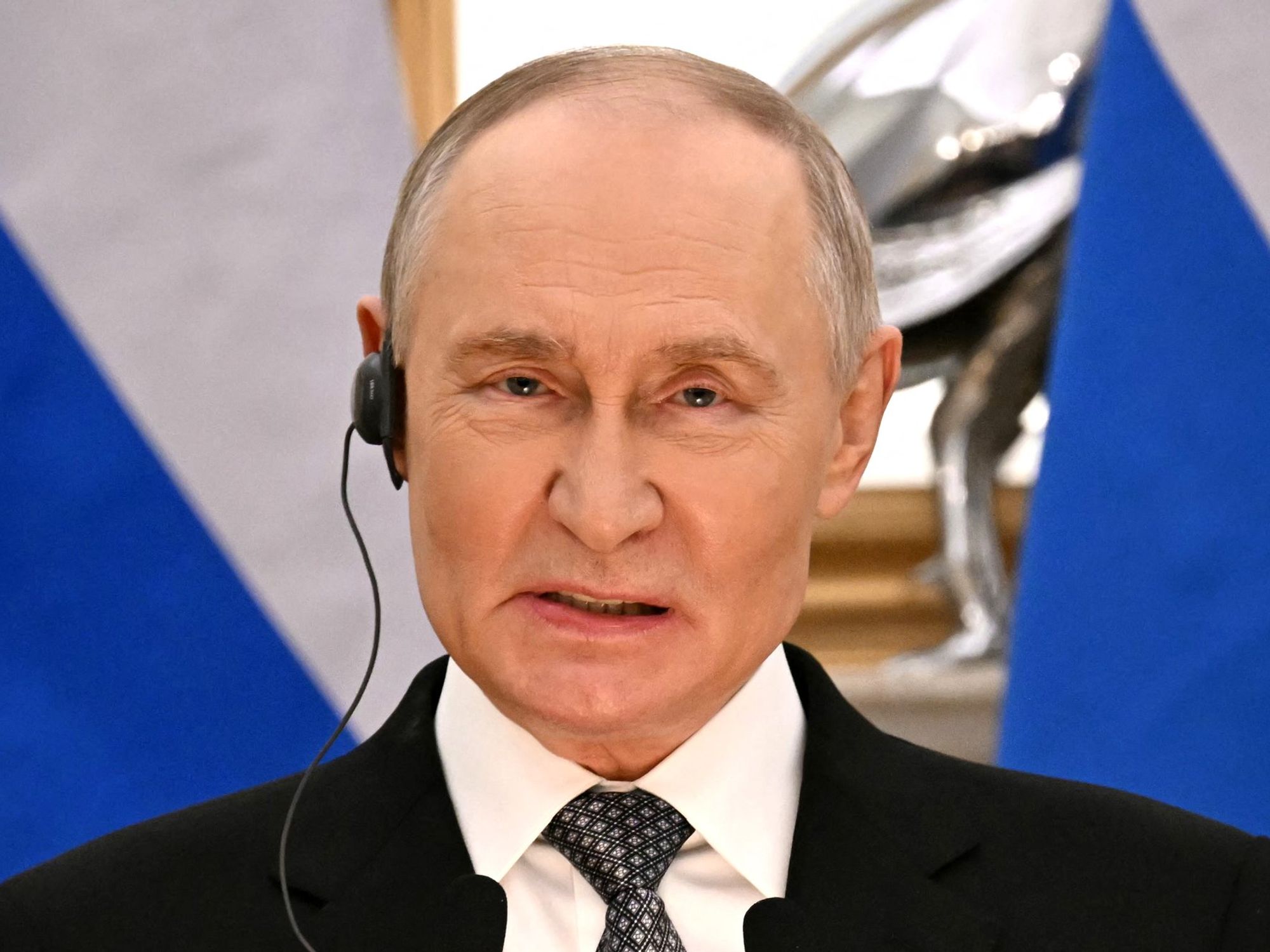Colin Brazier: Britain needs to remember the value of big families

By Colin Brazier
Published: 06/07/2021
- 20:08Updated: 06/07/2021
- 20:45Britain's empty cradles are a demographic timebomb
Don't Miss
Most Read
Latest
I hope you’ll forgive a very personal Viewpoint tonight. Today marks the third anniversary of the death of my late-wife Joanna -Jo to her many friends. She had breast cancer and died in a hospice with me and our children at her bedside.
As those of you who’ve been widowed will know, the first months are hellish.
But grief is not a mental illness. It’s natural and takes its course.
I was helped, if that’s the right word, by necessity. Five of our six children were still at school and there wasn’t much time for moping.
Friends and family worried about the kids. But, as Jo was apt to say, one of the reasons you give a child a sibling – is that one day they will be there to support each other. Mine still do, especially today.
Nowadays, of course, a brood of six is unusual. But how would you define a big family in Britain anymore? At 1.6 children per mother and falling our birth-rate is at its lowest rate ever – way below what’s needed to keep the population replenished – and by far the most popular family unit is now the only-child.
So a big family? Technically, in Britain, two kids.
Of course, many women want a family but can’t. Sometimes that’s a function of obstetrics, more often economics. It’s estimated 100,000 British women are not having all the children they want. You can guess why. It's expensive. And then there are what economists call the 'opportunity costs' - everything from promotions at work missed to the foreign holidays no longer taken. All exacerbated recently by the uncertainty of lockdown.
Business is finally waking up to what all those empty cradles mean. Missing workers, customers and the entrepreneurial fizz that comes from the young. But politically it remains toxic territory. Pro-natalism – the policy of encouraging fertility – is seen as something done in nationalist countries – not here.
I think, I hope, that’s changing. I don’t often agree with Guardian columnist Polly Toynbee, but recently she wrote about why the left needs to get behind babies.
She says a cohort of female Labour MPs did this as recently as a decade or two ago. Free nursery education, child tax credits, Sure Start centres, after-school clubs and the Child Trust Fund.
It will, however, take more than a couple of hundred quid in a state-provided nest-egg to revive the birth rate. But Polly Toynbee is on to something nonetheless. If you are left wing, who do you think is going to pay for the Welfare State in decades to come? Even countries which provide our economy with immigrants are now suffering their own dearth of births.
Significantly, Toynbee makes the environmental case for babies. Without the young, who are more vested in the future than the old, and more inclined to embrace change, the green game is up.
I made the same point in a book I wrote a few years ago. Denying yourself a family for the sake of the planet is to miss the point. Yes, global population is rising, but that’s chiefly a function of declining deaths, not increasing births. What’s called demographic momentum. Developed nations face plummeting birth-rates, which is why has China ditched its wicked one-child policy.
As my children remember their mother tonight, WILL they look back at her life – the sacrifices she made to have a big family – and think hers was a model to be embraced or avoided?
Whatever they decide, they’ve enjoyed a formative experience denied to most of their peers; a childhood in a school of hard knocks that’s intolerant of snowflakes; a nurturing cocoon in a crisis; a home filled with noise, chaos and levity. They are a credit to their Mum and an example to everyone who meets them, that siblings can be one of the greatest joys that life has to offer.
That’s tonight’s Viewpoint.






